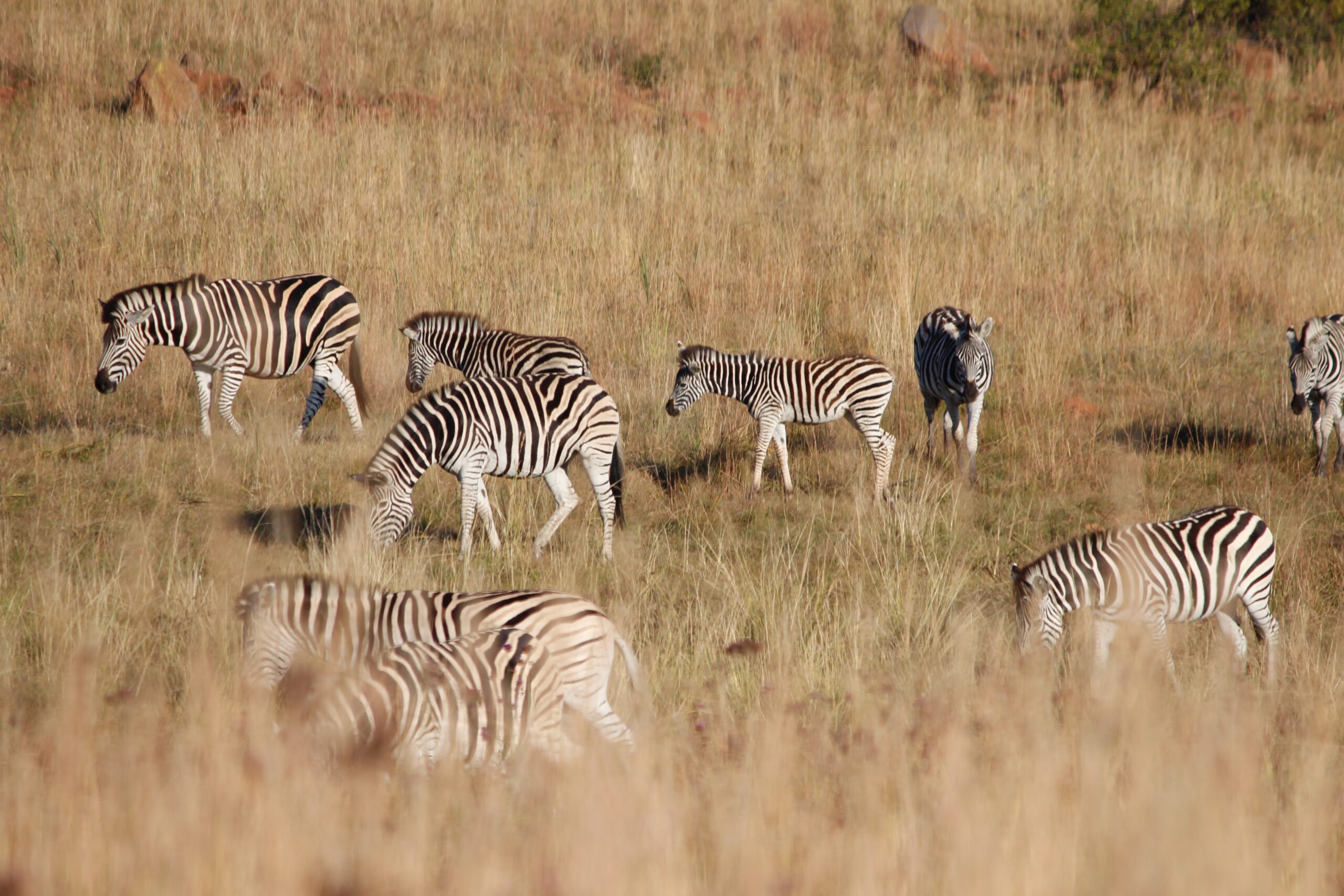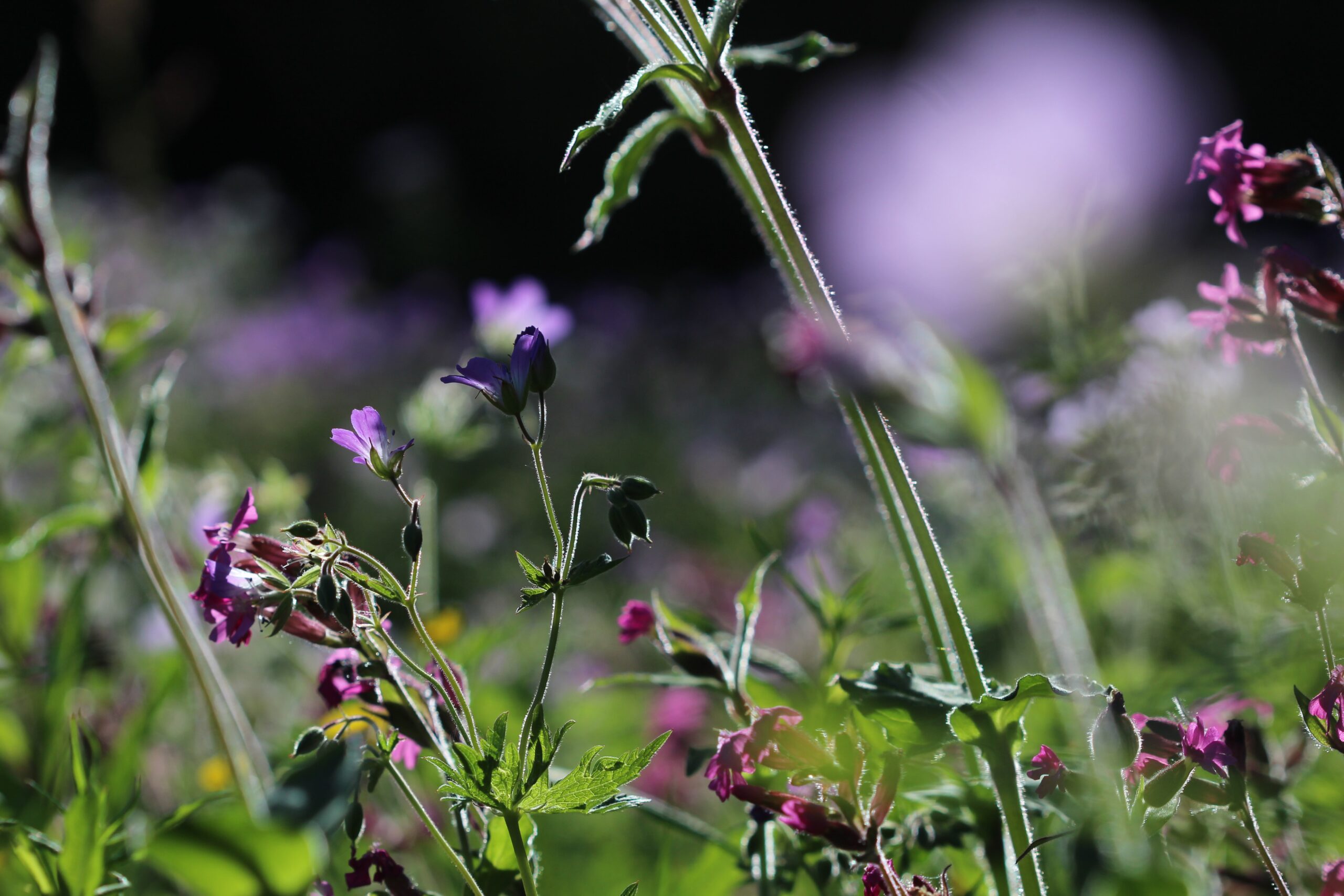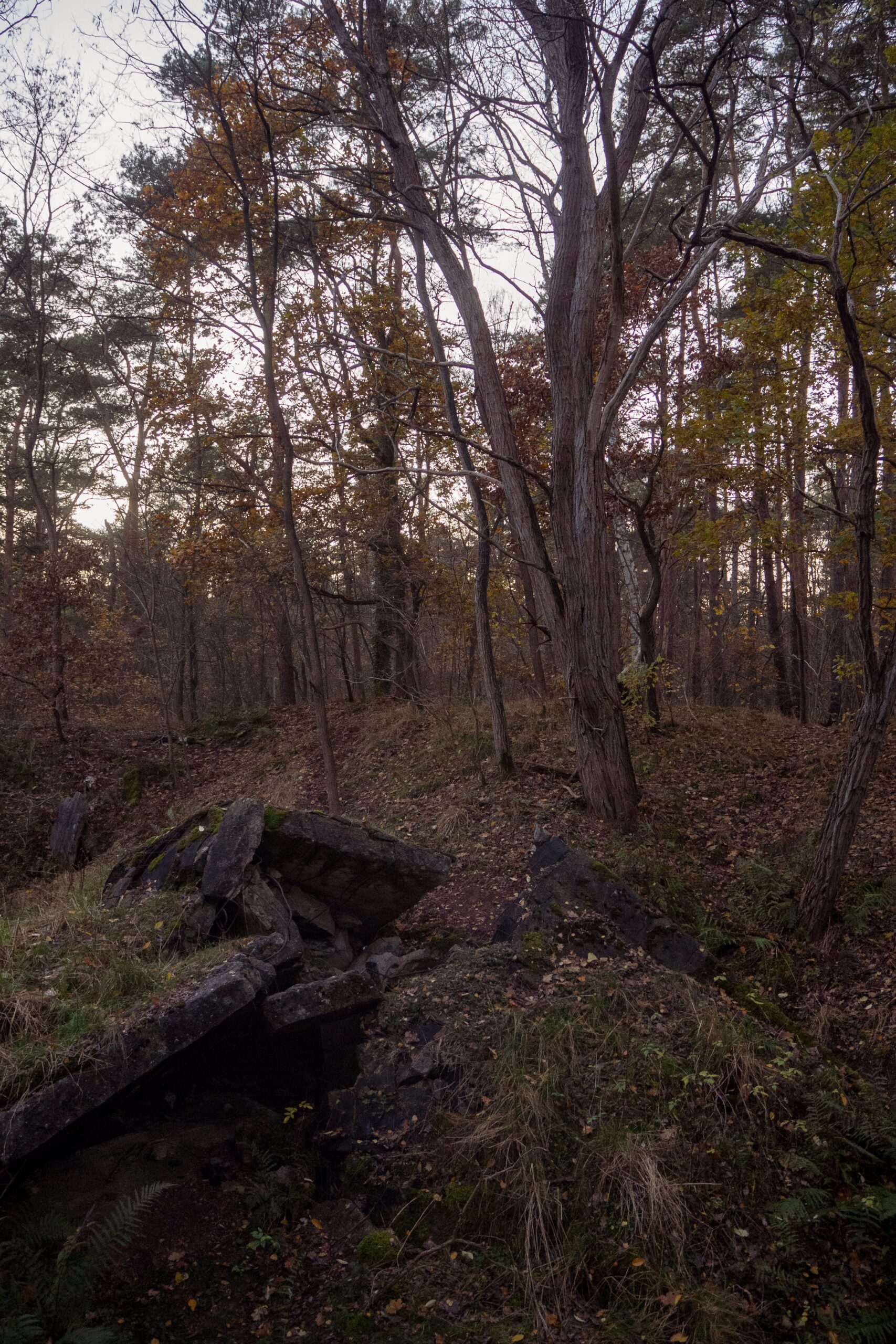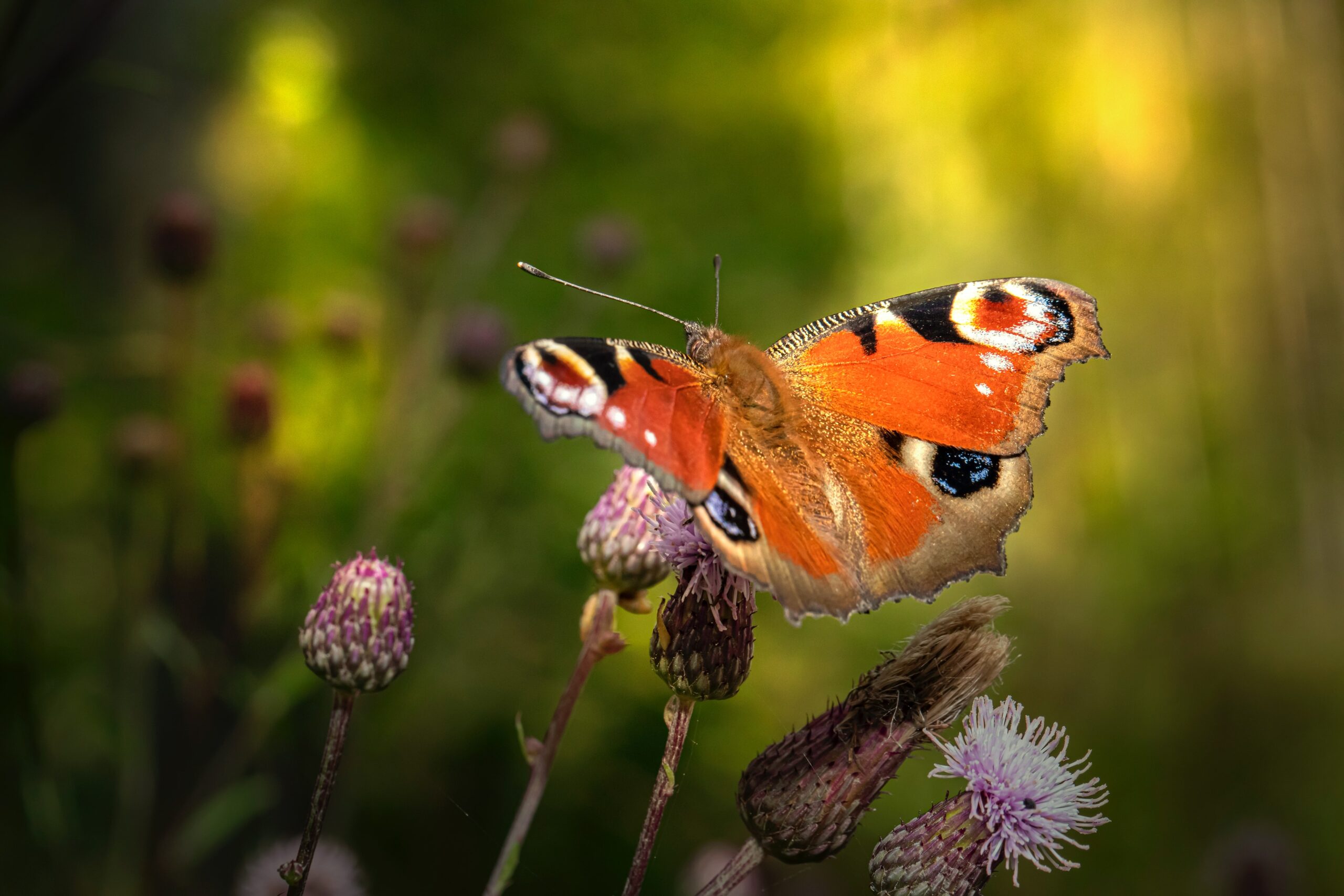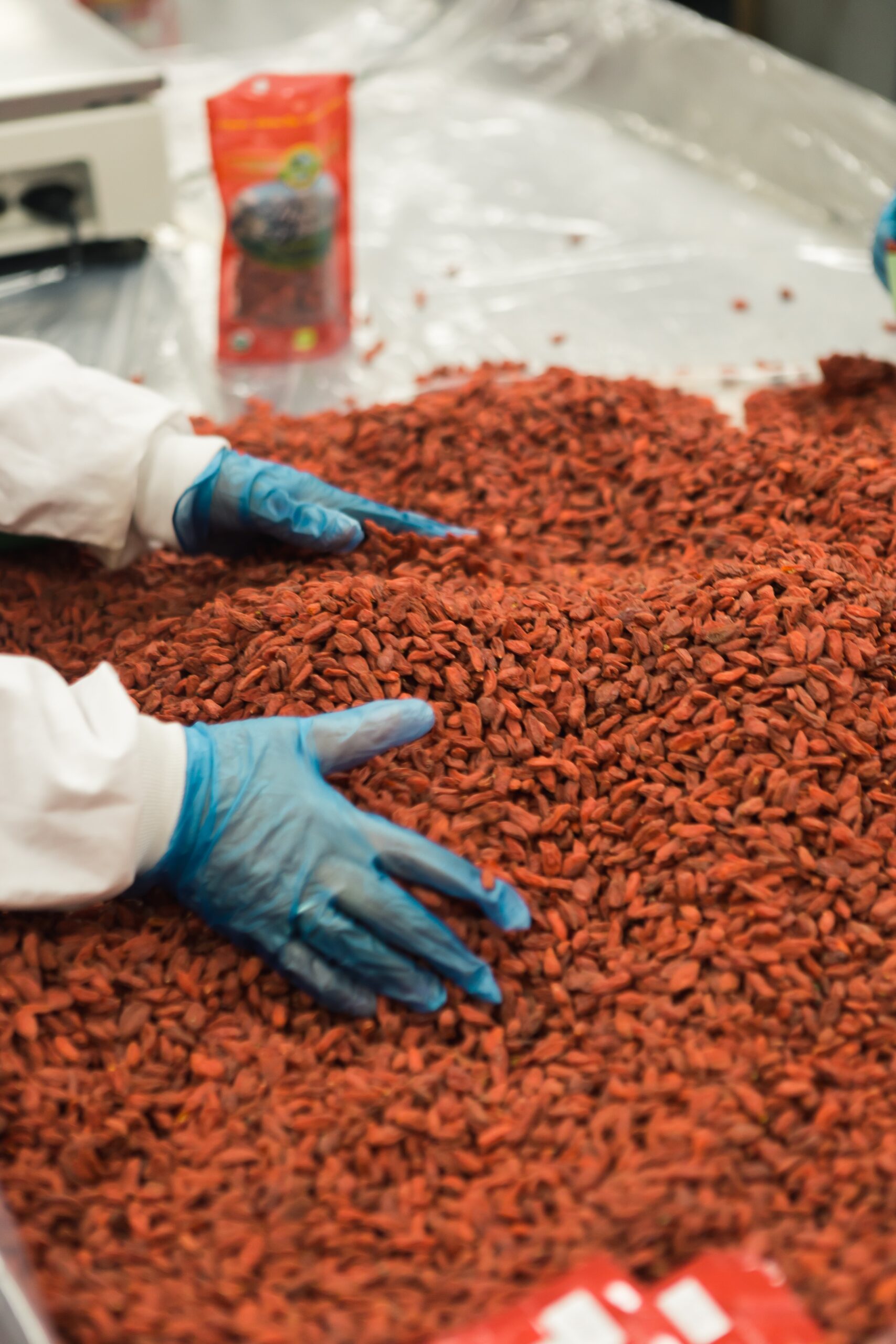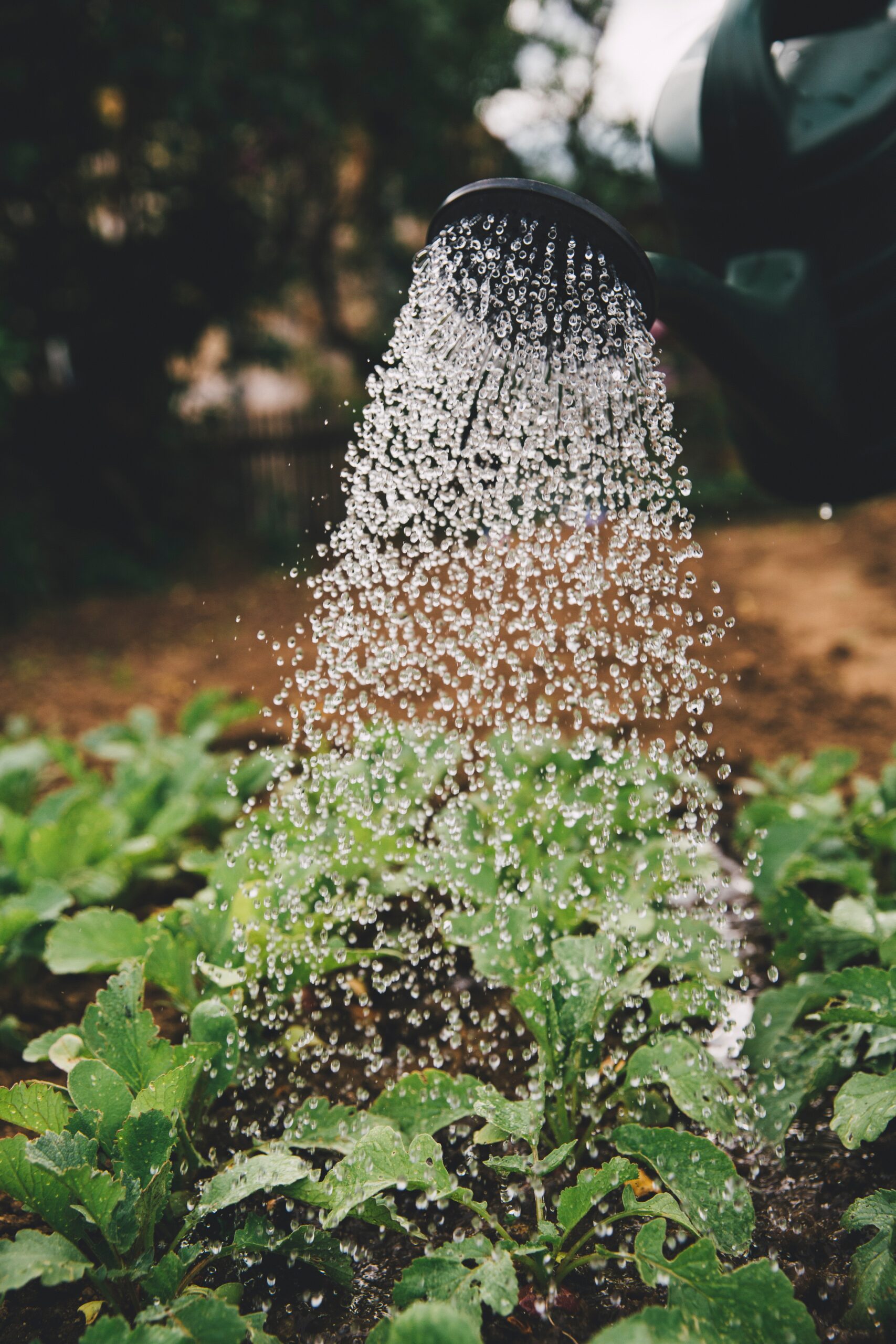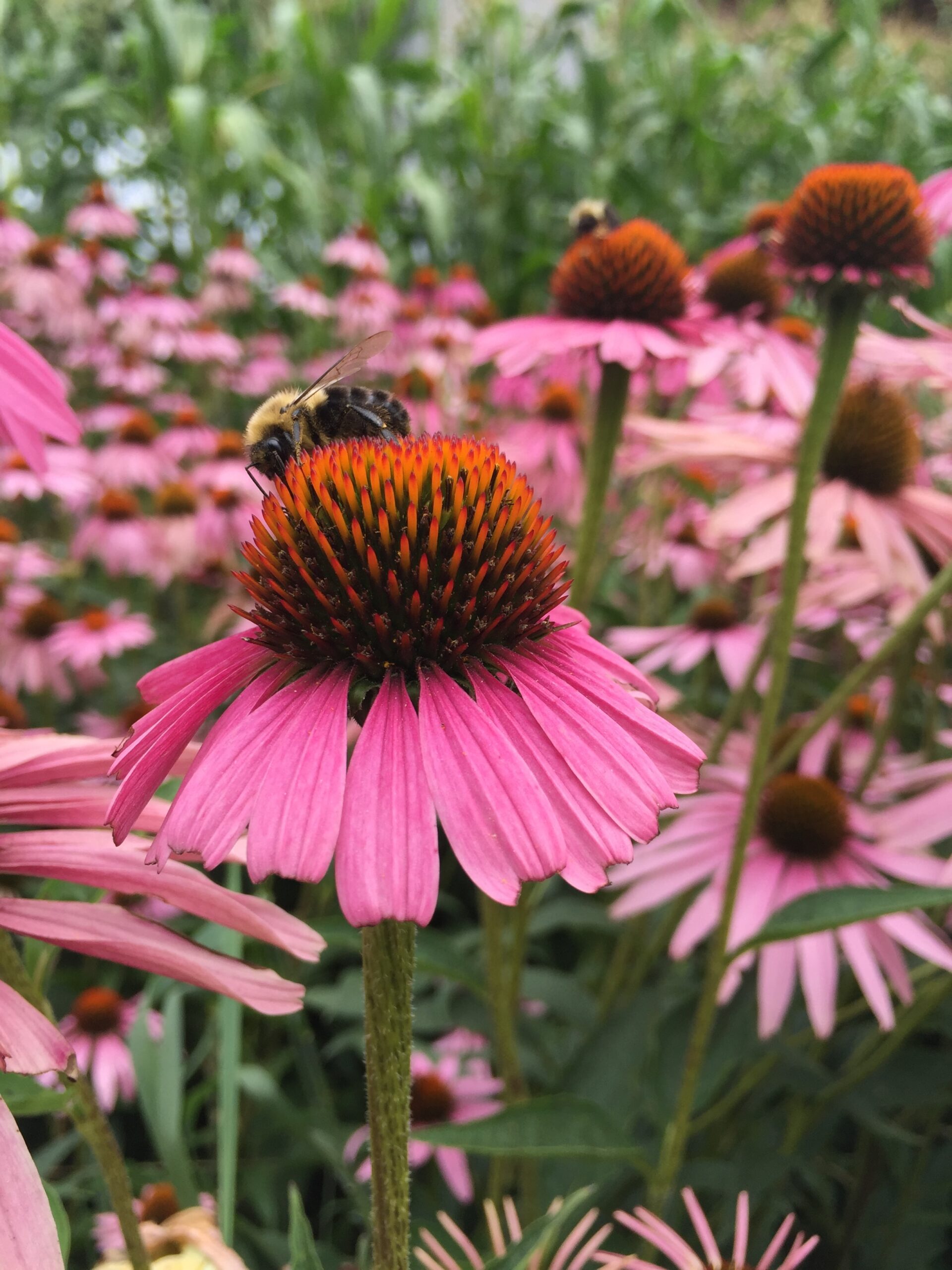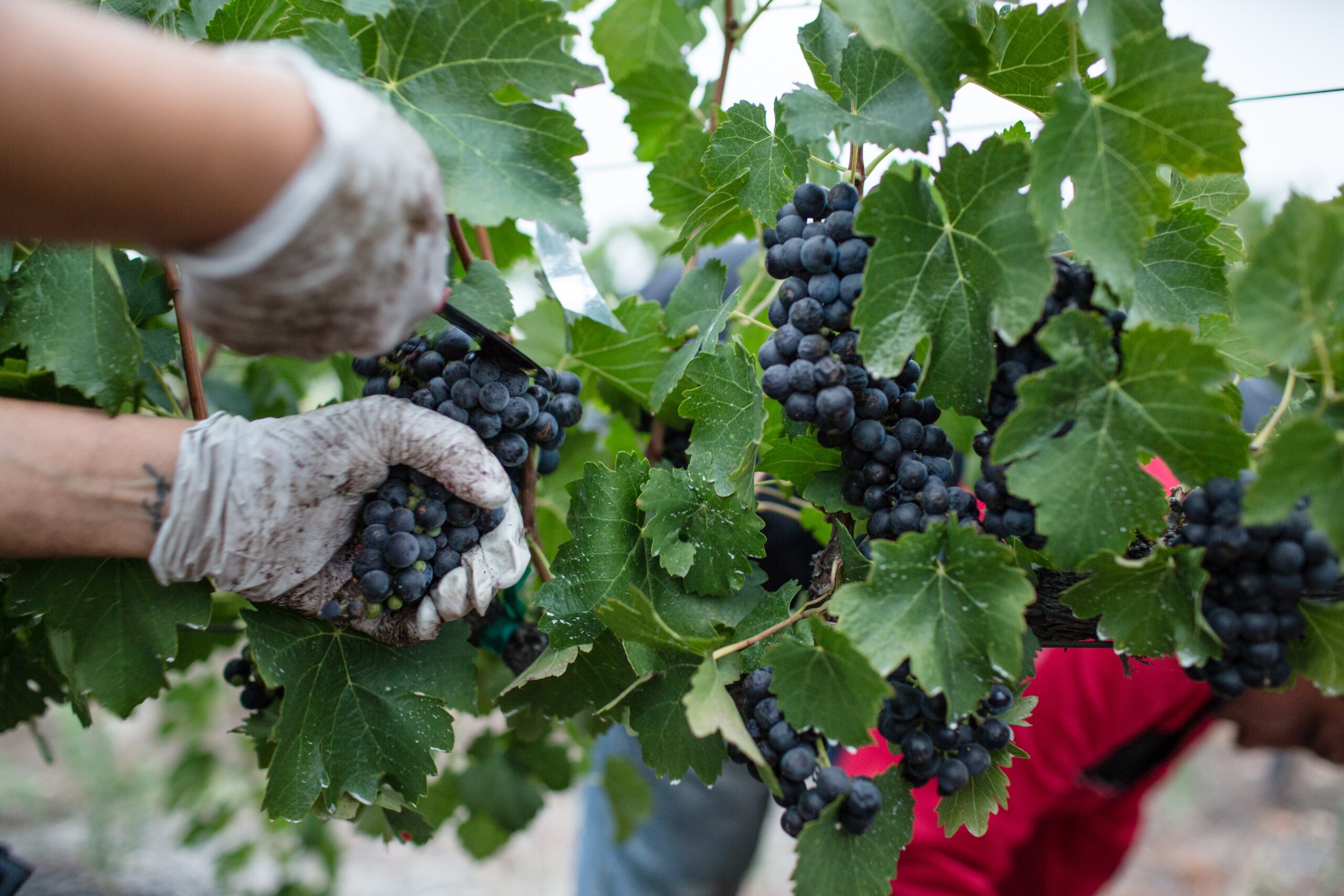The public is concerned about reports of decreasing pollinator populations and has sought policy actions to provide solutions. There are diverse stakeholders involved in issues that intersect with pollinators and it can be difficult to build consensus. To provide a platform for first-hand interaction on pollinator health, the Entomological Society of America (ESA) Plant-Insect Ecosystems Section organized an inaugural event, Science Policy Field Tour: ‘Balancing Pest Management and Pollinator Health’, in cooperation with Mississippi State University on 22–24 August 2017. The field tour enabled candid discussions with the goal of learning from the experiences of Mississippi stakeholders that were instrumental in developing the Mississippi Honey Bee Stewardship Program. Attendees gained hands-on understanding of pollinators and issues that intersect: pollinator habitat, pests of pollinator, beekeeping practices, and row crop production and management. The event convened ESA members and stakeholders representing 22 states and the District of Columbia. Stakeholder groups included federal and state science agencies, policymakers, nongovernmental organizations, crop protection, and commodity groups, and beekeepers. Themes that reflect on the Mississippi Honey Bee Stewardship Program mission emerged from the tour: the need to build relationships, invite all parties to participate in program development, build awareness about the needs of all groups, use integrated pest management, and remain flexible. The Science Policy Field Tour provides a model for how a professional society can serve as a leader to create an unbiased platform for addressing issues and play an advocacy role when work done by scientists impacts issues affecting the public.
















































































































































































































































































































































































































































































































































































































































































































































































































































































































































































































